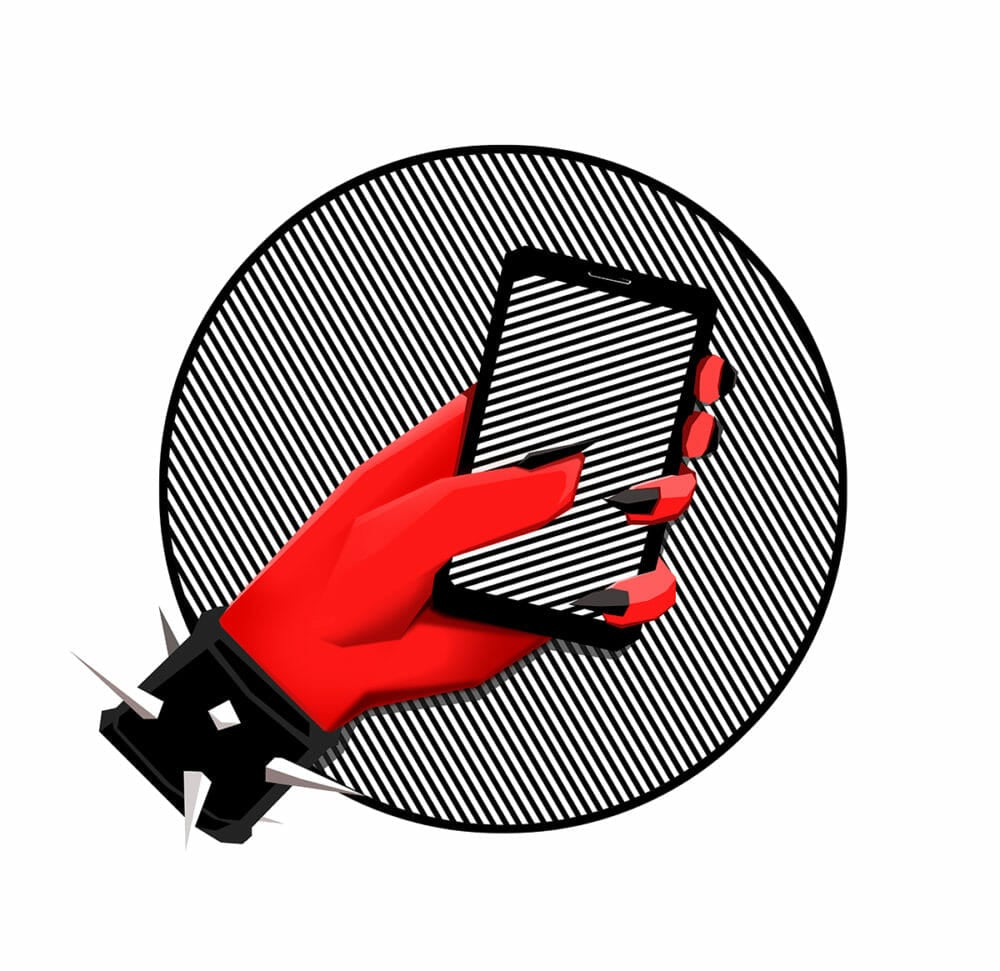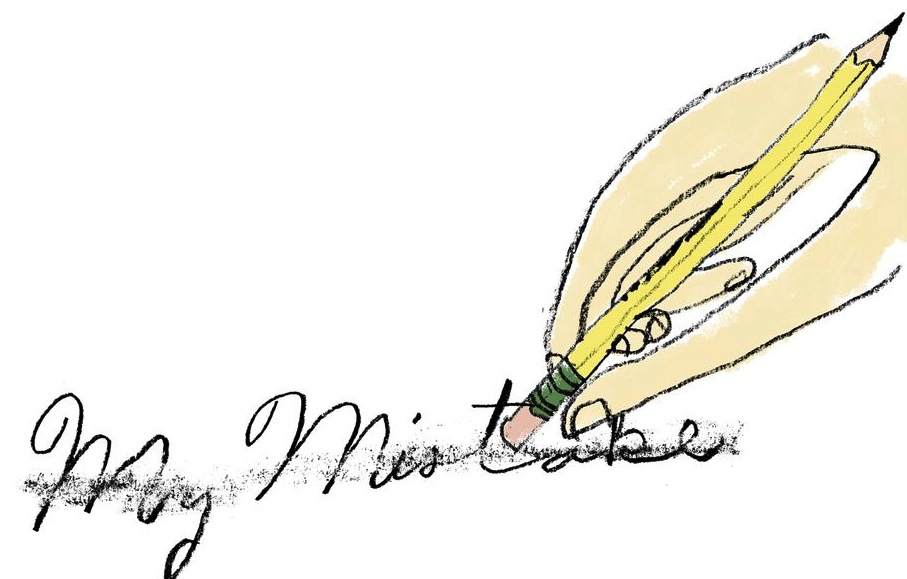Innovation is Watch Good Girls Bad Girls (1984)necessary in the fight toward social progress. Socially conscious inventions have a crucial impact on the world at large, but they often make the biggest difference for vulnerable communities.
For people facing inequality around the globe -- like those living in poverty -- these innovations can be game-changers, helping to tackle problems that directly threaten their survival.
SEE ALSO: The 9 most impressive social good innovations from OctoberThough certainly not an exhaustive list, these seven inventions made a difference for low-income communities in November, challenging inequality in innovative ways.
1. The app helping to fight wage theft.
 Original image has been replaced. Credit: Mashable
Original image has been replaced. Credit: Mashable Wage theft, or denying employees payment for their work, is a major issue facing low-income, hourly workers -- especially immigrant laborers with few federal safety nets and employment options. A new app, called Jornaler@, is helping day laborers independently track their hours and document workplace violations.
The creators at Cornell University say the app is particularly helpful for day laborers who often change worksites and employers week-to-week, making it difficult to keep track of their own data. Jornaler@, which launched on both Android and iPhone last month, allows users to document all the information needed to make a wage complaint.
2. The Facebook tool helping people connect in disasters.
 Original image has been replaced. Credit: Mashable
Original image has been replaced. Credit: Mashable Rebuilding in the aftermath of disasters disproportionately impacts low-income communities, as they struggle with the inevitable financial burdens. That makes it difficult to find essentials, like food, water and shelter -- especially when they're scarce.
A new Facebook tool called Community Help, which was announced at the Facebook Social Good Forum in November, hopes to help those in need access vital disaster relief resources. The new feature will pop up after a user activates Safety Check, allowing "safe" users to connect with others who are offering or looking for help in the area.
Categories in the feature, which will roll out to users in early January 2017, will include Food & Water, Transportation, Shelter, and Baby Items.
3. The sneakers that biodegrade in your home.
 Original image has been replaced. Credit: Mashable
Original image has been replaced. Credit: Mashable To tackle the role of fashion companies in environmental issues and climate change, Adidas announced a new shoe prototype in November, which can biodegrade in consumers' own homes after use, just by adding a simple enzyme.
Within 36 hours, you can safely rinse the shoe down the drain. Adidas could introduce it to the market as early as next year.
4. The inexpensive bricks made of recycled paper.
 Original image has been replaced. Credit: Mashable
Original image has been replaced. Credit: Mashable Affordable shelter is an obvious need for low-income communities around the world. A new innovation called Nubrix hopes to solve that problem, while also tackling paper waste.
Nubrix, created by South African inventor Elijah Dan, are bricks made of recycled paper. But they're just as strong as the building materials you're used to -- they can withstand fire and rain. They also only cost 60 cents, which is three times cheaper than standard bricks in South Africa.
The design was one of the winners of Higher Education Solutions Network's TechCon competition in November.
5. A reversible tent helping homeless populations.
In lieu of affordable shelter, WeatherHYDE is a reversible tent that protects homeless populations and impoverished communities against all types of weather.
One side of the innovative tent protects against severe cold by trapping your own body heat. The other side uses reflective panels to help keep out extreme heat. A Kickstarter campaign to provide 500 tents to families in need ran throughout the month of November, receiving more than $145,000 worth of funding.
6. The Chrome extension taking on unethical production.
 Original image has been replaced. Credit: Mashable
Original image has been replaced. Credit: Mashable Ethical shopping and affordability are often mutually exclusive, but a new Chrome extension proves you can achieve both at the same time. DoneGood, an extension launched in November at the start of the holiday shopping season, makes a difference for socially conscious shoppers on a budget and low-income production laborers around the world.
The extension (and the accompanying mobile app) is a way for shoppers to see affordable, ethical businesses that produce the items they want. Not only could the app help low-income people save money and shop more ethically, but widespread awareness of unjust working conditions could help improve workers' rights around the world.
7. The app that could make cancer screenings accessible.
This Tweet is currently unavailable. It might be loading or has been removed.
A new app announced by IBM in November hopes to use your phone's camera to save your life. The app screens for melanoma -- the deadliest form of skin cancer -- by allowing users to snap a picture and upload it to an analytics service, which can recognize and reliably identify characteristics of disease. Though similar systems already existed, IBM says the accuracy of its new tool is groundbreaking.
For those who are uninsured, preventative services like cancer screenings come at a steep cost, meaning accurate and early testing via a smartphone could help with the financial burdens of health care. However, IBM and medical professionals agree that more testing is needed before bringing the tool into widespread use.
Topics Social Good


